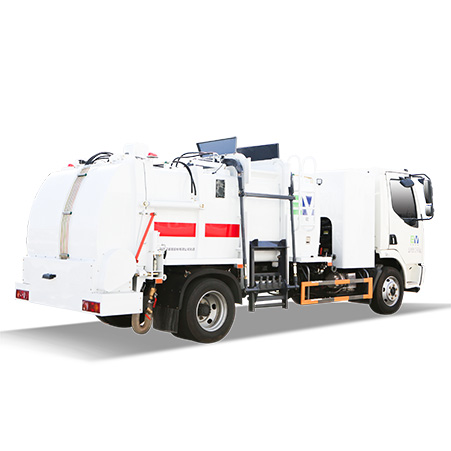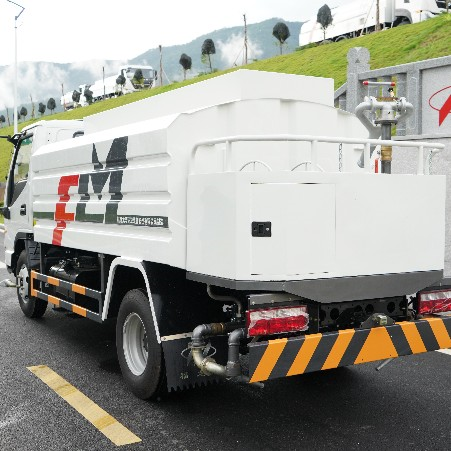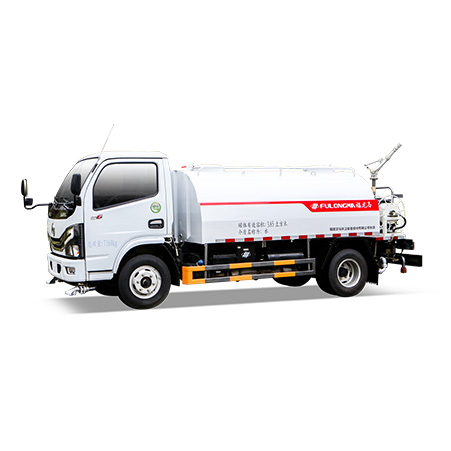In the bustling urban landscape, the battle against dust and debris is ongoing. From construction sites to busy streets, airborne particles pose not only aesthetic challenges but also significant health and environmental concerns. Enter water trucks – the unsung heroes of dust suppression and street cleaning.
The Role of Water Trucks
Water trucks play a pivotal role in dust suppression and street cleaning operations. Equipped with large tanks and powerful spraying mechanisms, these vehicles efficiently distribute water to dampen dust and wash away debris from road surfaces and construction sites. Their versatility extends to firefighting support and maintaining soil moisture in agricultural settings.
Types of Water Trucks
Water trucks come in different configurations to suit various applications. Tank trucks, equipped with sizable water reservoirs, are commonly used for street cleaning and dust suppression. Water bowsers provide a portable solution for remote or inaccessible areas, while dust control sprayers offer precision spraying for targeted dust suppression.
Mechanism of Action
Water trucks utilize sophisticated spraying systems to disperse water effectively. High-pressure nozzles, water cannons, and misting systems ensure thorough coverage and optimal dust suppression. The water creates a barrier that weighs down dust particles, preventing them from becoming airborne and settling on surfaces.
Operational Strategies
Effective dust suppression and street cleaning require strategic planning. Water trucks should be deployed during times of low traffic to minimize disruption. Regular schedules should be established to maintain optimal cleanliness levels, focusing on areas prone to dust accumulation and high pedestrian activity.
Benefits of Water Truck Operations
The benefits of water trucks extend beyond dust suppression. By reducing airborne dust, they improve air quality, visibility, and overall environmental aesthetics. Water-based dust suppression methods also minimize the use of harmful chemicals, promoting eco-friendly practices in urban management.
Innovation and Future Trends
Innovations in water truck technology are driving efficiency and sustainability in dust suppression and street cleaning efforts. Advancements in water recycling, automation, and remote monitoring systems are revolutionizing how water trucks operate, promising even greater effectiveness and resource conservation in the future.
Conclusion
Water trucks are indispensable assets in the fight against urban dust and debris. Their role in dust suppression and street cleaning operations is paramount for maintaining clean streets, clear air, and healthy environments in our cities. As urbanization continues to rise, investing in water truck infrastructure and technology is crucial for creating cleaner, more sustainable urban spaces for generations to come.
FAQs
What is a water truck?
A water truck is a specialized vehicle equipped with a large tank designed to transport and distribute water over large surfaces or to supply water in remote areas. They are crucial for dust control on construction sites, fire prevention, and watering remote agricultural fields.
How much water can a water truck hold?
Water trucks come in various sizes, with the capacity to hold anywhere from 2,000 to 10,000 gallons of water or more. The size needed depends on the project’s water requirements and how frequently the truck can or wants to refill.
What are the different types of water trucks available?
There are several types of water trucks, each designed for specific applications and operating conditions. These include standard water trucks for dust suppression and road construction, articulated water trucks for increased maneuverability in rough terrains, and compact water trucks for urban areas with limited space.
What features should I consider when choosing a water truck?
Key features to consider include tank capacity, pump systems for efficient water loading and unloading, spray systems for various applications, and the material of construction to ensure durability against the type of water being transported.
Are there any licensing requirements for operating a water truck?
Yes, the licensing requirements for operating a water truck vary depending on the jurisdiction and the specific use of the vehicle. It’s important to check local regulations to ensure compliance.






